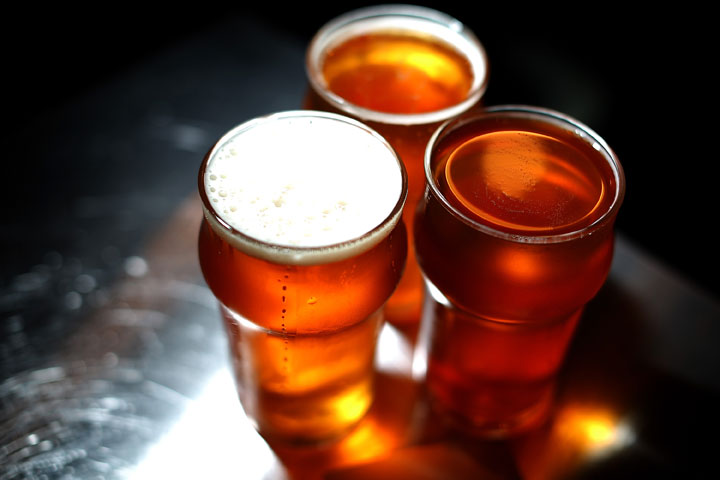Creepy costumes and tasty treats shouldn’t be the only things on your mind this spooky season.

Data from Shared Health shows that drug-facilitated sexual assault is on the rise in recent years, with 80 cases from April 2022 to March 2023.
Ashley Stewart, coordinator of the Klinic Sexual Assault Crisis Response and Healing Program, said when people think of date rape drugs, they usually think of roofies or rohypnol.
But, she said, the landscape is changing.
“We tend to see, sometimes, over-the-counter drugs being used, so sometimes that’s cough and cold medication. And sometimes we actually see other common street drugs like cannabis, cocaine, methamphetamine.”
Hema Krueger Vyas, sexual violence and human rights adviser at the University of Winnipeg, said the rise in cases could be attached to more accessible supports.
“While we do see, in general, a trend of an increase in reports and disclosures since the pandemic, like since 2020, it’s unclear as to whether that’s because our services are more widely available (and) people are more aware of them or if there is an increase in incidents,” she said.
Stewart said while some cases can be traced back to a tampered drink, others stem from being taken advantage of “after having some drinks or consensually consuming drugs, or someone maybe offering them (a substance)” and not knowing what it is.

Get daily National news
Klinic has been seeing more of these cases, she said, but stresses there are many more we never hear about. She said there are endless reasons someone might not come forward.
For some it’s shame and “the stigma we have in our society,” she said.
Krueger Vyas adds some are fearful they will be treated differently and judged.
“When there (are) substances involved, that can add an additional layer of barrier to disclosing. People may think, ‘Will I be blamed for having these used in the first place.'” she said.
Stewart said other times, it’s self-blaming, or “folks (saying) they don’t want to come forward because they don’t remember what happened, so they don’t know what can be done about it.”
She said there are protective and preventative actions friends and family can take to look out for their loved ones.
“If you see a friend or family member you’re with, who suddenly looks visibly intoxicated, and you’re worried about them getting home safe, maybe not sending them home (alone),” Stewart said.
Krueger Vyas said there are ways to protect yourself as well.
“Partying with people you feel comfortable with, trust and know,” is one thing you can do, she said, but also keeping an eye on your drink, and “if you leave it, getting a new one.”
Stewart said those who have been sexually assaulted after being drugged, consensually under the influence, or fear they may have been sexually assaulted, need support “whether that be emotional support or medical support.”
She said, “I think the biggest message, is that it’s not your fault. That person, unfortunately, had no control (over) what someone else was going to do to them.”
If you find yourself in a situation where you are scared but unsure, or have been sexually assaulted, Stewart said there are lots of options you can turn to in Winnipeg.
She said one is to call Klinic’s 24/7 sexual assault line at (204) 786-8631, or toll free at 1-888-292-7565.
Krueger Vyas said even if it’s been a while, “there’s no time limit to getting those supports.”
— with files from Global’s Katherine Dornian













Comments
Want to discuss? Please read our Commenting Policy first.